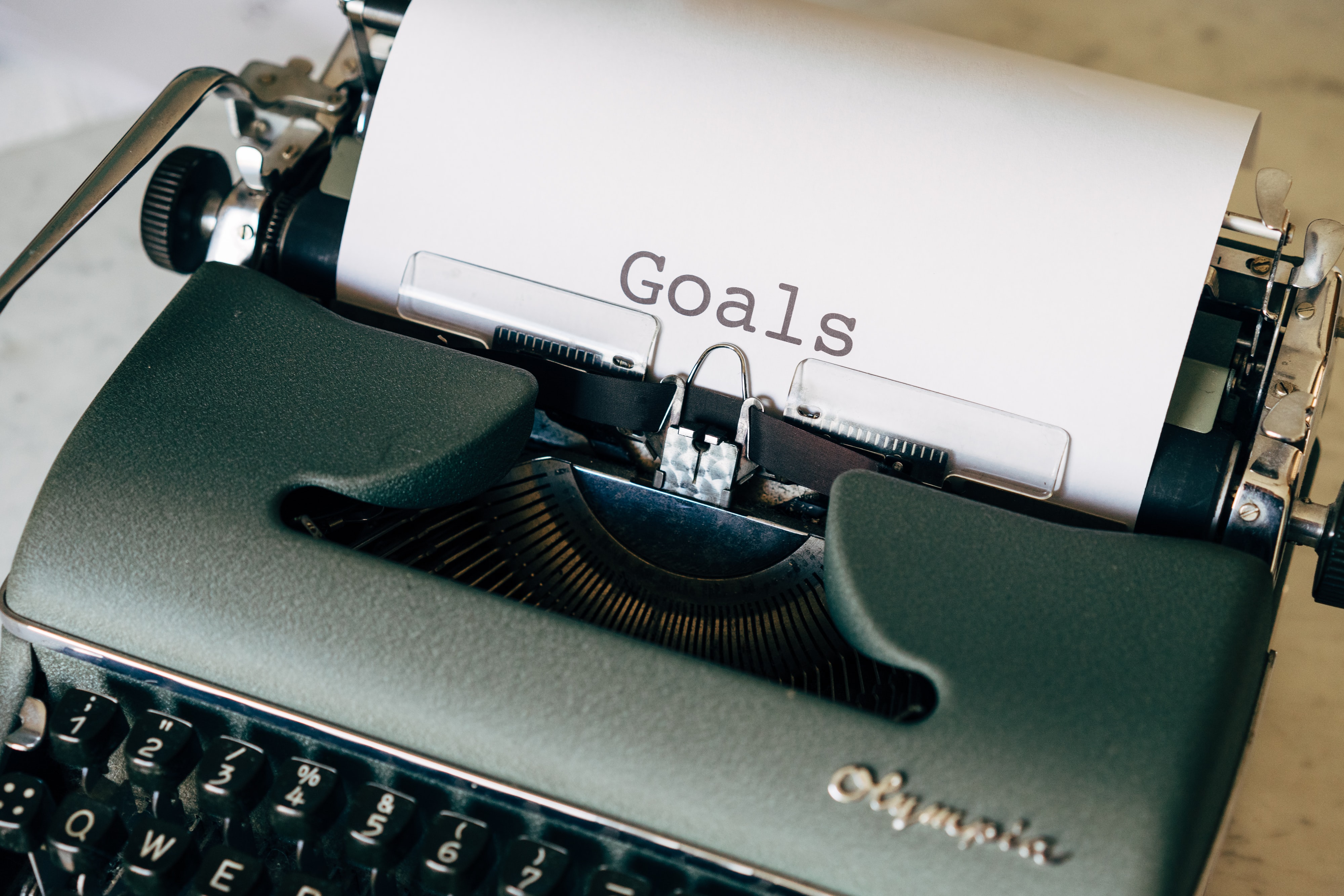
Photo by Markus Winkler on Unsplash
If you want success with anything in life you really should set goals. Why? Well a goal provides a target on which to concentrate your effort. Goals give you direction and allow your mind to focus on what you want to achieve.
By setting goals you’re also able to measure your progress because you have a start and finish date. They provide mental boundaries so you avoid distractions and remain focused on the goal. They make you accountable.
Now I’m very well aware that some people find goal-setting triggers all sorts of negative reactions.
This is usually because in the past they’ve failed to achieve their weight loss goals and now the very thought of setting a goal to lose some inches creates an instant obstacle and is far too painful to contemplate!
If this is you, I’d urge you to think about the process differently and use it as a feedback mechanism to help you measure progress rather than something that makes you feel a failure.
The first step is to think about the big goal.
When you’re creating your goal, please make sure it’s meaningful – knowing why you want this goal is essential because that’s what’s going to drive you.
Goals are all very good when you can stay focussed, aren’t they?!
The thing is, so many people struggle to consistently focus on achieving their goals and that’s why they come unstuck and fall off the weight loss wagon.
Then they brand themselves a failure and give up. They end up in the diet-fail-diet-fail vicious cycle.
But this doesn’t have to happen!
The key to consistency is to accept there will be blips along the way and plan for them. This means you set the big goals and then the next step is to break your goals into mini-goals.
Think about blips not as failures so much as learning results, which then help you to move forward and try something a different way.
Write down the big goals you’d like to achieve. It’s best to only have two or three goals and they need to be meaningful and achievable.
Some ideas on meaningful goals:
One could be a meaningful weight loss goal – eg: drop a size in eight weeks. These are the BEST because it’s the clothes you’re wearing that tell the story. Getting into that next size down would be the perfect goal!
One could be a “happiness goal”. These are fundamentally important because most people want to lose weight to feel better about themselves. A goal like this will enable you to track your confidence and how much better you’re feeling about yourself
One could be a health goal. Some people want to get their diabetes under control… great goal!
Next important step is the mini goals, the weekly tasks that help you get there. The goal is the ultimate dream and the mini goals are the daily or weekly things/tasks that will help you get there.
Your goals could look like this:
Goal 1: Fit into my size 14 dress .
Mini goals – Week one: Be more mindful about the balance of my food. Ensure I’m eating protein with each meal
Week two: Ensure my shopping basket contains limited sugary stuff.
Week three: Listen for my full signal during meals.
Goal 2: Feel positive and happy
Mini goals – Week one: Write down three positive things that have happened to me every day
Week two: Recite a daily affirmation at the start of the day
Week three: Learn how to meditate/mindfulness
We can all learn how to set goals, but most people don’t see them through. So here’s a goals checklist which you can use as a daily or weekly reminder:
I’ve already mentioned that you need to plan for the blips and sabotage and this really helps with working out where the weaknesses are so you can deal with them and move forward to success.
Goals checklist
- What did you do today to reach your goal?
- What got in the way?
- How did you deal with that?
- If you messed up what were your thoughts, feelings and actions?
- What is your learning from this?
- What could you say to yourself that could help you to avoid sabotaging next time?
The goals checklist is about planning for the times you might “fall off the wagon” so that your brain is prepared for them and they become part of the journey rather than the reason for failure.
We all have vulnerable moments – it’s part of life! Even “normal” eaters have times when they have chocolate or cake. The difference is it doesn’t mean they think they’ve failed with their healthy eating and they just get on with life afterwards.
This little checklist also acts as a daily/weekly reminder about your mini goals, because we all know how life can take over and make us forget about our goals!

